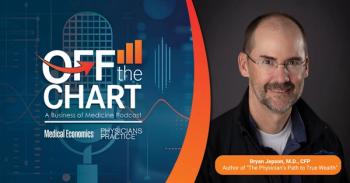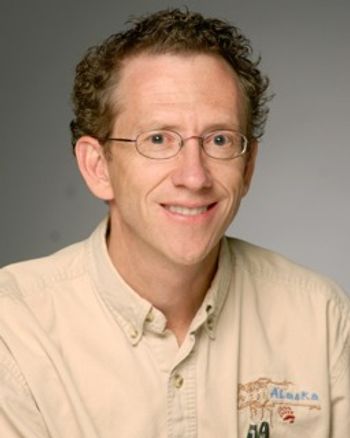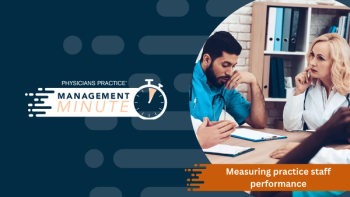
Essentialism in Medical Practice
Busy physicians must consciously choose how to spend their day, focusing on the things that really matter.
I love new things. New challenges, new opportunities, new shoes. If something sounds like a good idea, I'm the first one to say, "Let's try it!" And then I quickly add, "Go, go, go!"
But here's the problem with trying to do everything: you'll quickly find that you can't do it all. You may be able to make an inch of progress in a lot of directions, but never be able to make a mile of meaningful difference.
Recently, the leaders at CompHealth read a book called "Essentialism" by Greg McKeown. The book's concept is simple. Because there is not enough time in the day - or days in a lifetime - to do everything, we need to focus our efforts. We need to get down to the essentials. We need to do "less but better," as McKeown says.
I am by no means an expert at essentialism, but here are a few things I've learned so far.
1. There can only be one real priority.
The word priority is singular. That means there can only be one. The idea of having a few priorities - or even worse, many priorities - defeats the purpose of really identifying the most important thing. Stephen Covey, the author of "7 Habits of Highly Effective People," said, "The main thing is to keep the main thing the main thing."
2. It's either HELL YEAH! Or no.
Because so many different options are fighting for the chance to be the priority, there has to be a method for choosing. Frequent TED talk speaker
3. You have to give yourself space to think.
Do you remember being bored? Between work, home, and a smartphone that keeps me entertained when I'm waiting in line at the grocery store, I can't remember a time when I suffered from boredom. But for the all the same reasons, it's tough to find the time to step away from the day-to-day and think about the bigger picture. If you really want to determine what is essential, you need to give yourself the time, space, and permission to think, to read, and to get inspired.
4. Eliminating the nonessential means learning to say no.
There are a bunch of reasons why it's hard to say no. We don't want things to be awkward, we want to be nice, we want people to like us. And of course, we have a fear of missing out. But the only way we can put more time into the things that are really important is by stepping away from those that aren't - or those that are at least less important. If time with your kids is essential, you may need to step down from a community board. If you don't need to go to a meeting (or if someone can fill you in later), don't go. Saying no doesn't make you a jerk. It simply shows people that you value your time - and theirs. A clear no is always better than a noncommittal yes.
5. If nothing is essential, nothing is clear.
McKeown says, "Motivation and cooperation deteriorate when there is a lack of purpose." As a leader, if you can't create a clear path for your people, they may start manufacturing their own. Here's another great quote from the book: "With no clear direction, people pursue things that advance their own short-term interest, with little awareness of how their activities contribute to (or in some cases, derail) the long-term mission of the team as a whole."
As far as I can tell, none of us has figured out a way to create more time. Until we do, the only thing we can control is how we spend it. By determining what is essential, and then acting on it, we can "do less but better."
Newsletter
Optimize your practice with the Physicians Practice newsletter, offering management pearls, leadership tips, and business strategies tailored for practice administrators and physicians of any specialty.








